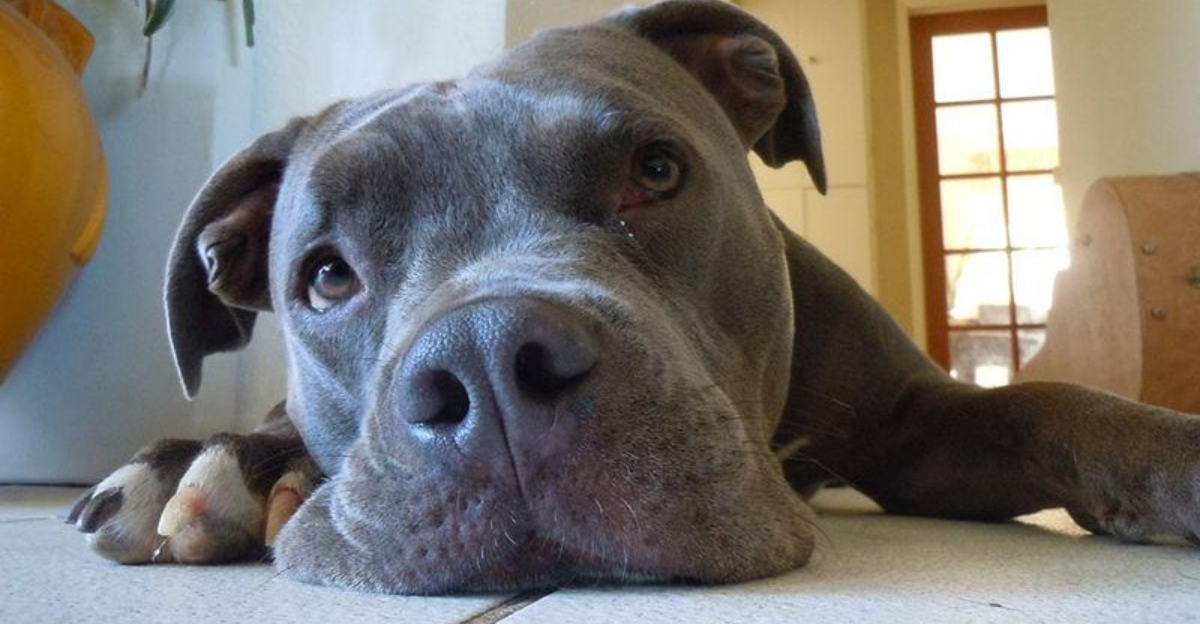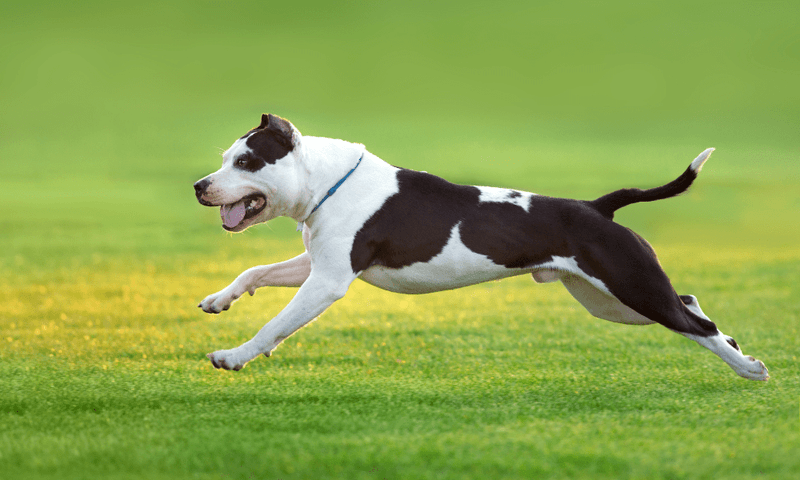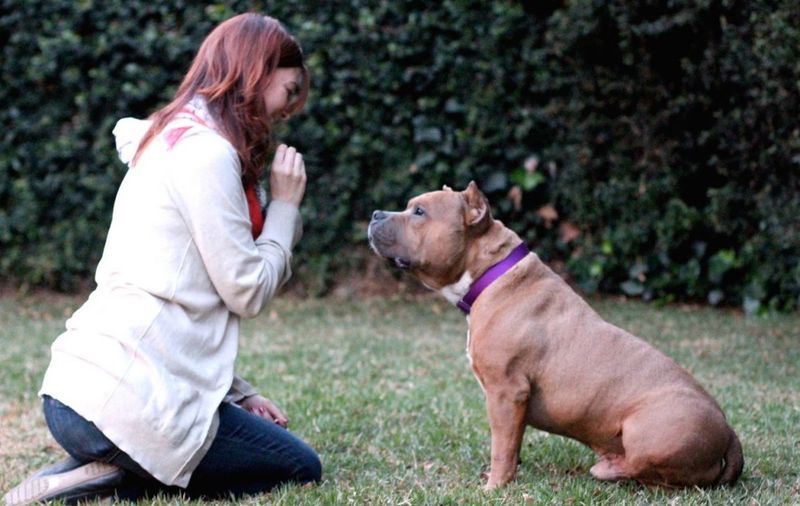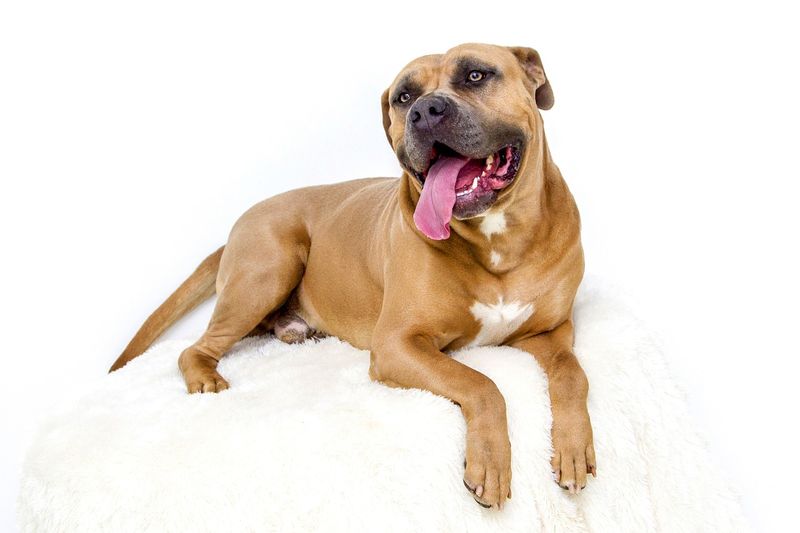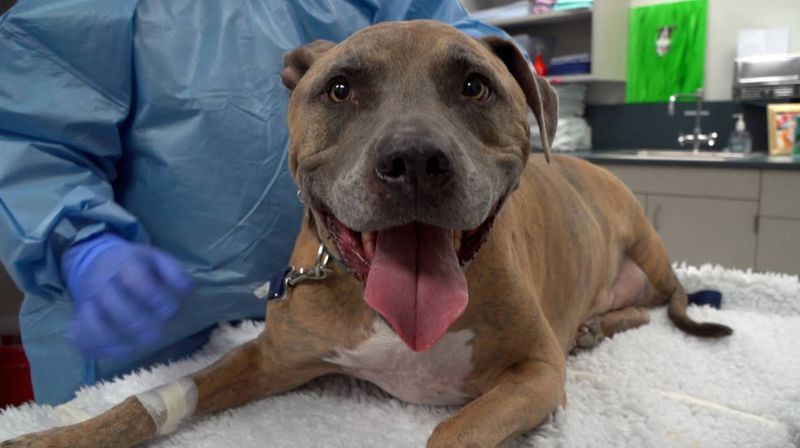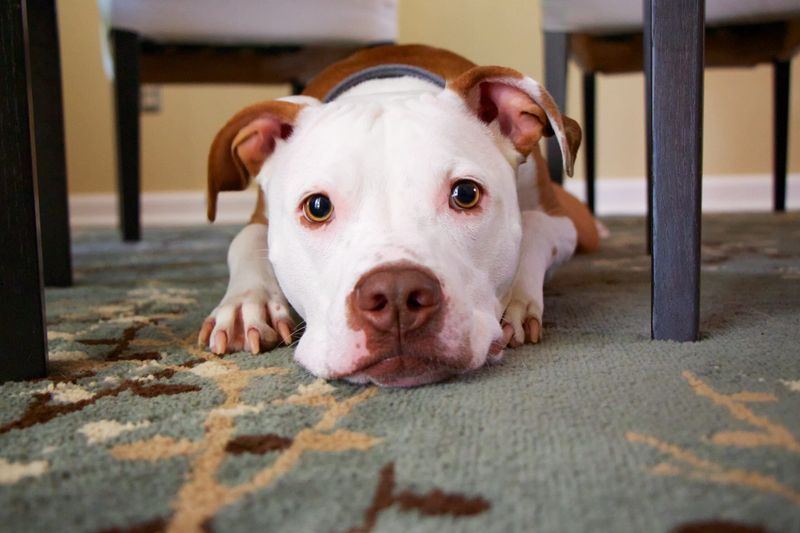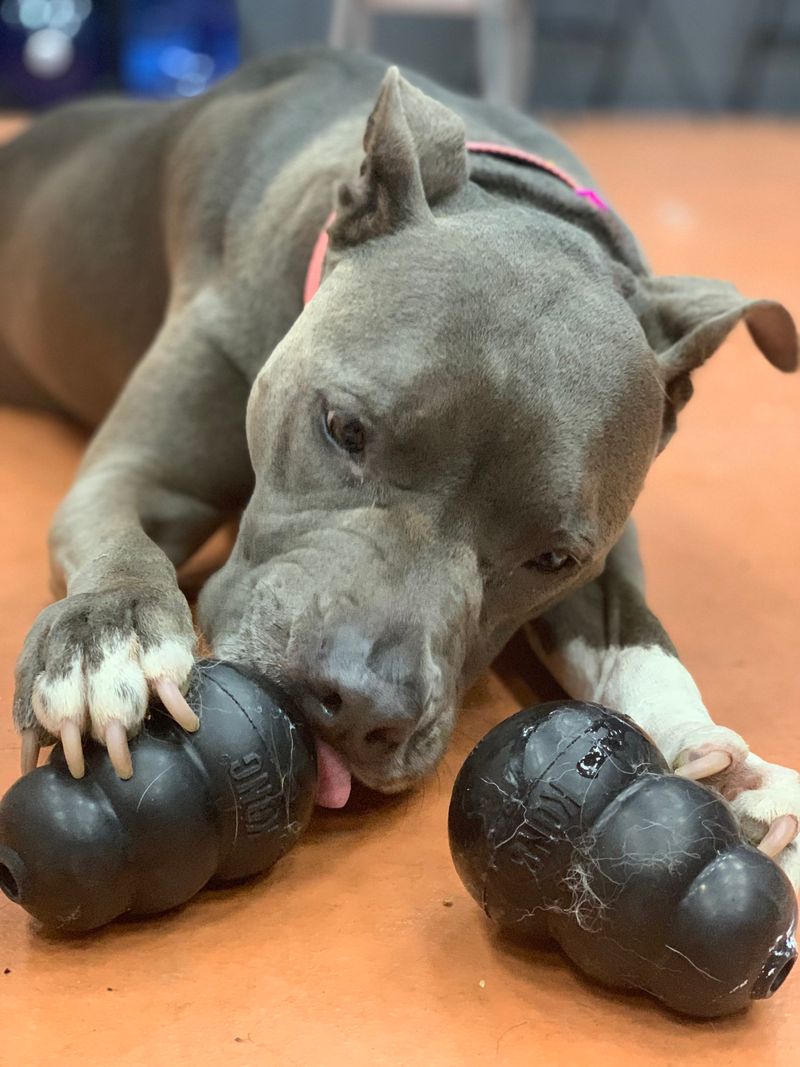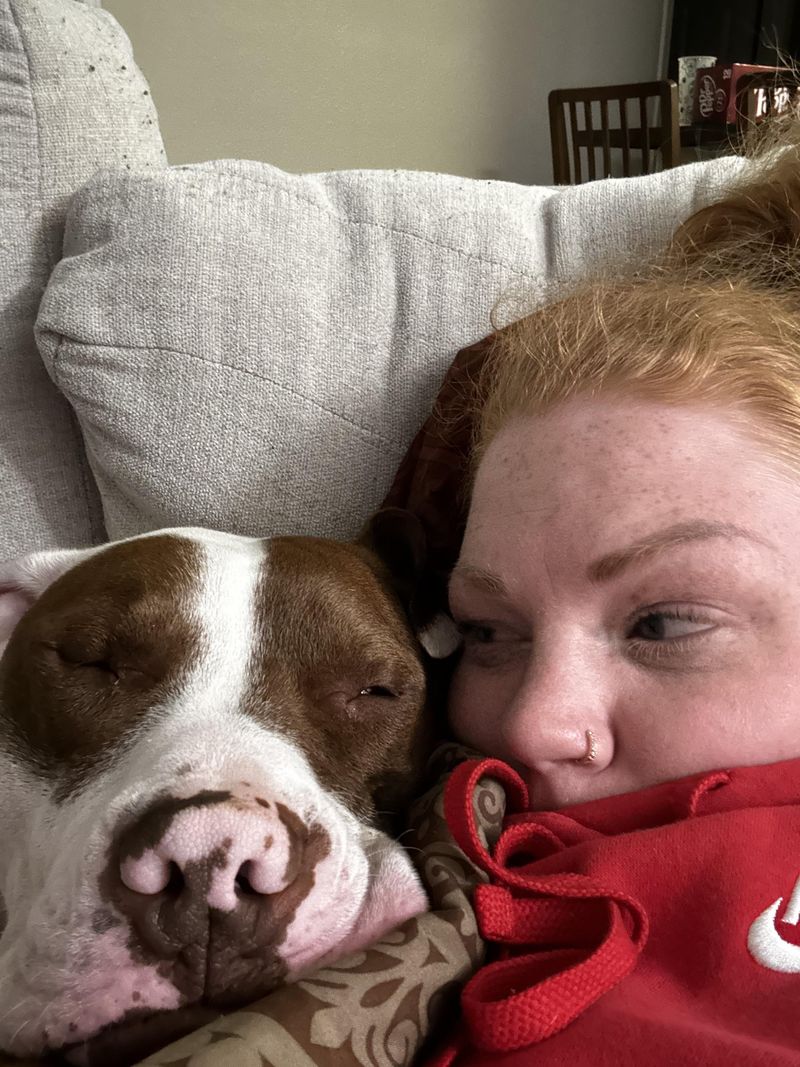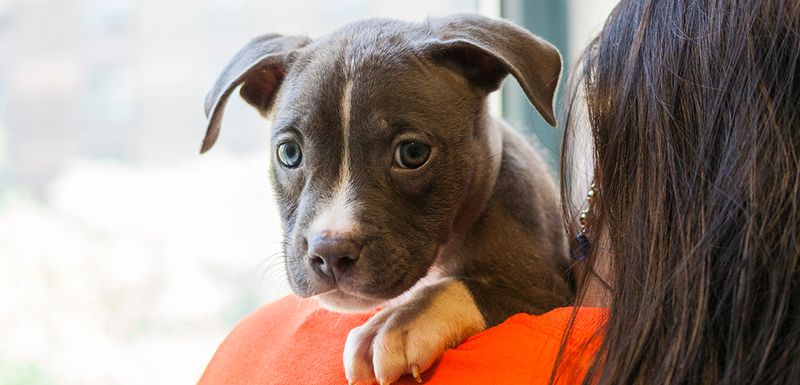Caring for a Pit Bull requires dedication, understanding, and a commitment to providing a nurturing environment. This guide offers expert-approved tips to ensure your Pit Bull thrives both physically and emotionally.
Balanced Diet
Providing a balanced diet is crucial for keeping your Pit Bull healthy. High-quality commercial dog food often contains the necessary nutrients. However, including fresh vegetables and lean meats can enhance their diet.
It is important to consult with your vet to tailor the diet according to your Pit Bull’s needs. Overfeeding can lead to obesity, so monitor their weight closely.
Did you know? Pit Bulls are prone to food allergies. Thus, introducing new foods slowly is advisable to identify any adverse reactions, ensuring their wellbeing.
Regular Exercise
With boundless energy, Pit Bulls thrive when given plenty of exercise. Engage them in activities like fetch or agility training.
These dogs require daily opportunities to burn off energy, which helps in preventing destructive behavior. Regular exercise also aids in maintaining optimal weight.
A fun fact: Pit Bulls often excel in canine sports, demonstrating their agility and strength. By providing varied physical activities, you not only boost their physical health but also offer mental stimulation.
Socialization Skills
Early socialization is key to raising a well-mannered Pit Bull. Introduce them to various environments, people, and animals.
This exposure helps them develop into confident and friendly companions. Organized puppy classes can provide structured socialization opportunities.
Remember, every experience should be positive and rewarding to foster trust. Pit Bulls, when socialized properly, are known for their loyalty and friendliness. Their behavior is significantly influenced by their interactions from a young age.
Positive Reinforcement Training
Training your Pit Bull using positive reinforcement techniques can be rewarding. Use treats and praise to encourage good behavior.
This approach builds a trusting relationship and aids in correcting unwanted behaviors. Consistency is essential; make training sessions short yet engaging.
Interestingly, Pit Bulls are quick learners and often enjoy mental challenges. By focusing on positive reinforcement, you create a harmonious learning environment that reinforces desirable behaviors.
Proper Grooming
Grooming your Pit Bull is more than just maintaining appearance. Regular brushing keeps their coat healthy and shiny.
Bathing should be done when necessary to avoid skin irritation. Pay attention to their nails, as overgrown nails can cause discomfort.
A quirky fact: Though Pit Bulls have short hair, they shed seasonally, so regular grooming helps manage this. Proper grooming routines contribute to their overall well-being and comfort.
Veterinary Care
Regular veterinary care is vital for your Pit Bull’s health. Ensure they receive all necessary vaccinations and routine check-ups.
Discuss any behavioral changes or health concerns with your vet promptly. Early detection of health issues can prevent more serious problems.
A historical tidbit: Pit Bulls were once known as “nanny dogs” due to their protective nature. Today, attentive veterinary care ensures they remain healthy and vibrant companions.
Safe Living Environment
Creating a safe living environment is essential for your Pit Bull’s happiness. Their space should be free from hazards.
Provide a comfortable bed and plenty of toys to keep them entertained. Safety gates can help manage their access in the home.
Did you know? Pit Bulls form strong bonds with their families and thrive in safe environments. Ensuring their home is secure fosters their emotional and physical well-being.
Mental Stimulation
Mental stimulation is crucial for intelligent breeds like Pit Bulls. Provide puzzle toys and interactive games to challenge their minds.
Training sessions that involve problem-solving can also be beneficial. These activities prevent boredom-related destructive behavior.
A fascinating fact: Pit Bulls often enjoy scent-based games, which utilize their natural instincts. Keeping their minds active enhances their happiness and reduces anxiety.
Understanding Temperament
Understanding your Pit Bull’s temperament involves recognizing their unique personality traits. Each dog is an individual, with varying likes and dislikes.
Building a strong relationship requires patience and attentiveness. Observe their signals and respond accordingly.
Pit Bulls are often misunderstood due to stereotypes. However, they can be affectionate and loyal pets when given the chance to thrive. Embracing their individuality strengthens your bond.
Consistent Routine
Maintaining a consistent routine provides structure for your Pit Bull. Regular meal times, walks, and play sessions establish a sense of security.
Consistency in training and daily activities helps in managing their behavior. This predictable schedule makes them feel safe.
An insight: Pit Bulls often adapt well to structured environments. By keeping a routine, you nurture a balanced and calm companion who knows what to expect.
Love and Affection
Pit Bulls crave love and affection from their human companions. Regular cuddles and attention strengthen your bond.
Showing affection reduces stress and reinforces their sense of belonging. Spend quality time engaging in activities they enjoy.
A heartwarming note: Pit Bulls are known for their affectionate nature. By investing in their emotional needs, you nurture a loyal and loving pet who thrives on companionship.
Understanding Breed Legislation
Understanding breed-specific legislation is crucial for Pit Bull owners. Laws vary by location, affecting ownership rights and responsibilities.
Stay informed about local regulations to ensure compliance and protect your dog. Advocacy groups can provide valuable resources.
A noteworthy point: Breed-specific legislation often stems from misconceptions. Educating yourself and others can help change perceptions and promote responsible ownership. Knowing your rights empowers you as a Pit Bull advocate.
